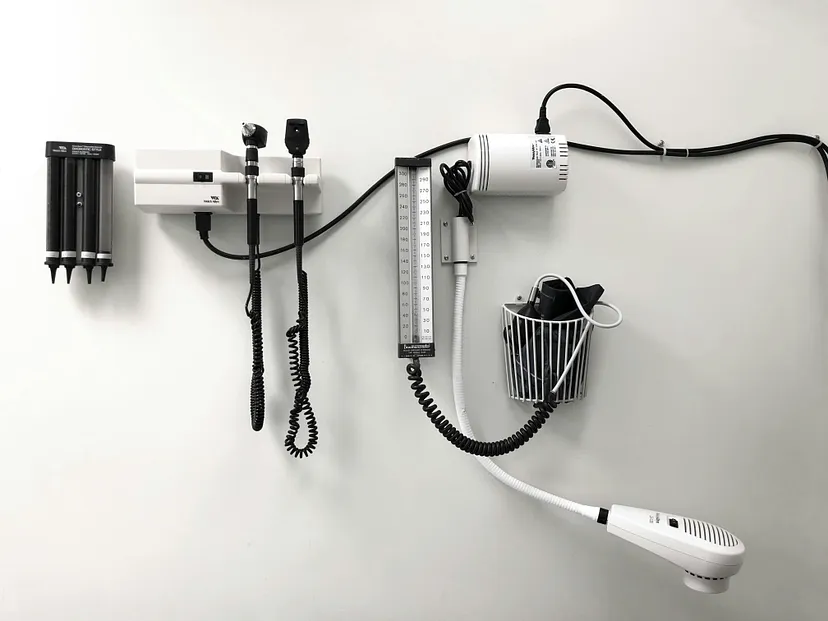Many of my articles center on lived experiences. Does talking to your loved one’s healthcare team make you anxious and cause heart palpitations? Trust me, you are not alone! How do you think your loved one would feel if they were alone trying to understand the medical jargon delivered to them?
Caring for a loved one and having a healthcare background is advantageous. As I am dealing with my personal family caregiving duties, today listening to the post-operative instructions, much of which I understood, I thought, what if there is no healthcare background and the information you and your loved one are receiving sounds like a foreign language? Now what? A word of advice…Don’t send your loved one to the doctor! Go with your loved one to the doctor. It’s true: two ears are better than one.
Many studies have been done on the relationship between patients and doctors. Many do not feel their relationship is collaborative. They are given information and sent on their way. They may ask if you have questions while exiting the examination room. When dealing with a loved one health condition, decision-making and decision-sharing is a must. Speaking up is necessary. Asking questions is necessary. You are not subordinate to your care. You are the priority.
Let me dispel the myth that you, as a caregiver, must concern yourself with how you will be understood or perceived. It is not about impressions; it is about the best knowledge you can receive to care for your loved one. Without important facts about illnesses and treatment plans for your loved ones, consequences and complications could arise. Respect in healthcare is a two-way street and should create an avenue of freely asking questions.
Tips for Doctor Visits:
Important tips to consider when going to the doctor with your loved ones:
* Ask the Doctor to sit down
*Write your questions down
*Ask open-ended questions(questions that require explanations)
*Ask the hard questions first(false hope regarding a diagnosis)
*Have a list of all medications
*Discuss the do’s and don’ts of over-the-counter medication
*Highlight any changes in cognitive decline
*Any changes of concern(skin, nutrition, bowel/bladder)
As Your Proactive Caregiver Advocate, we know that caring for a loved one is a labor of love. Trusting in a doctor’s advice and asking questions to better serve those we love is a must. However, don’t have blind faith and unrealistic expectations. All healthcare knowledge and interventions do not always cure what ails those we love. In reality, not every condition has a resolution, but the love you share with an aging loved one will be appreciated. Be Safe! Be Well!
Dr. Cynthia J. Hickman is a retired registered nurse and case manager, CEO of Your Proactive Caregiver Advocate and author of From the Lens of Daughter, Nurse, and Caregiver: A Journey of Duty and Honor, and The Black Book of Important Information for Caregivers.

